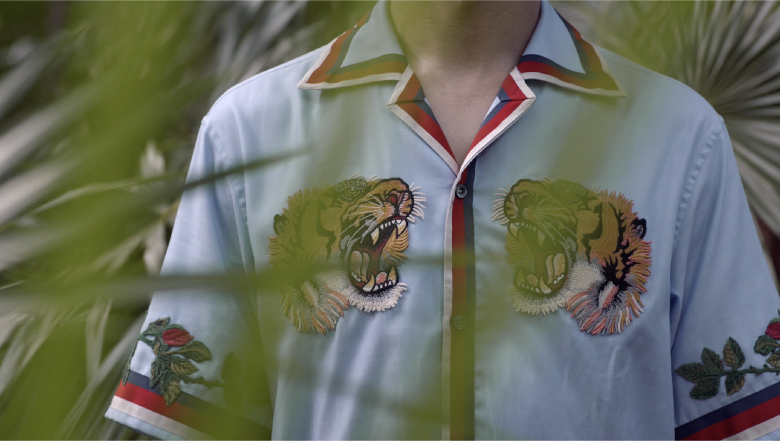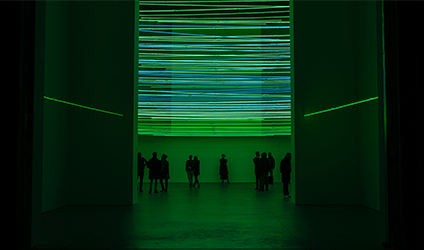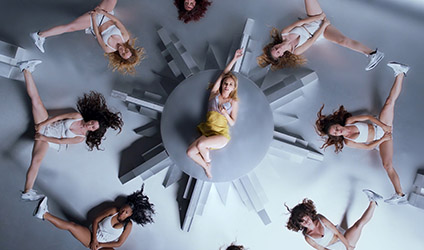TELLING STORIES
THE ESSENTIAL ROLE OF NEW NARRATIVES IN THE MODERN LUXURY LANDSCAPEMatthew Donaldson
Director/PhotographerMatthew Donaldson has been a driving force in the creation of fashion films in recent times, a transition that was natural following a 20-year career as a director of TV commercials and a highly sought after photographer for titles such as Vogue Paris and Condé Nast Traveller.
Matthew discusses his recent films and his take on luxury.
Working with a global luxury giant like Gucci must have been an exciting creative challenge. Can you tell us about the nature of the brief and your process of collaborating with Gucci to achieve the remarkable expressions of luxury captured in the films?
I was approached by Gucci and GQ to make a personal view of the Japanese architect Junya Ishigami. (Ishigami is a multi-award-winning architect who is celebrated for his experimental buildings that merge traditional conventions with strong influences from the natural world. His latest structure is London’s Serpentine Pavilion 2019.) The film centres around Junya’s attraction to the cenotes (natural sinkholes in the earth leading to crystalline clear waters beneath) near Tulum in Mexico. They resonated with his thoughts and aspirations for his architecture. We decided that a trip to Mexico was in order. I was keen to make a film about his interaction with the landscapes around the cenotes. The idea of him as a lone traveller fitted with my preliminary thoughts. Immersing him into the extraordinary scale and colour of the jungle surrounding the cenotes brought scale to the film. The concept of high fashion in an alien surrounding presented an interesting juxtaposition for me. Luxury is as much about the relationship that the person has with an object as the quality of the product itself. We needed to demonstrate that these clothes weren’t wearing the person. I think that Junya really pulled that off.
“Luxury is as much about the relationship that the person has with an object as the quality of the product itself.”
The same soundtrack element notably links the films. Did the use of sounds to evoke a unifying sense of luxury pose a difficult challenge in an otherwise open brief?
We were aware of the track from the beginning so planning our action to its strengths was key. I don’t normally work this way with soundtracks. Normally the film concept and often the execution are done before we really start thinking about the soundtrack. I think in this case the boundaries presented by the track kept the film tight and helped us not stray too far from the brief.
How do you define luxury?
For me luxury has to make me smile, to feel good somewhere that isn’t always definable. Something that can evoke an emotion out of nothing. A glimpse. Something that can stretch a moment. Time is the ultimate luxury, something never far from my mind.
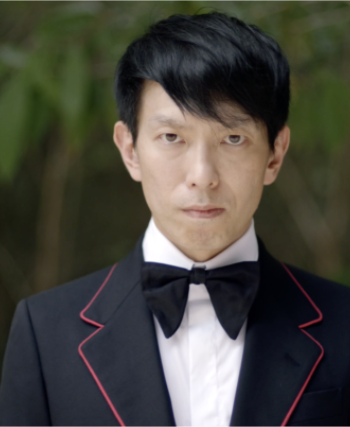
“Time is the ultimate luxury, something never far from my mind.”
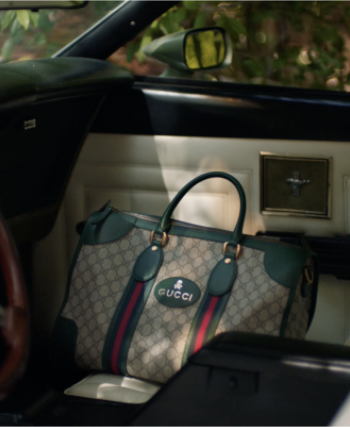
Storytelling has become a crucial feature in modern mainstream culture – when tackling a fluid concept like ‘luxury’, what qualities were essential for you to communicate in the Gucci films?
I think you need to go into a film like this with curiosity and leave with at least some empathy. I wanted the viewer to wonder about Junya, for more questions than answers to be presented to them. A film can only be an introduction, an opening gambit, the rest needs to be filled in by the viewer. For that reason, I choose to leave a lot out. I’m just there to facilitate that introduction. I want to be faceless. I provide the ingredients. The viewer needs to bake the cake.
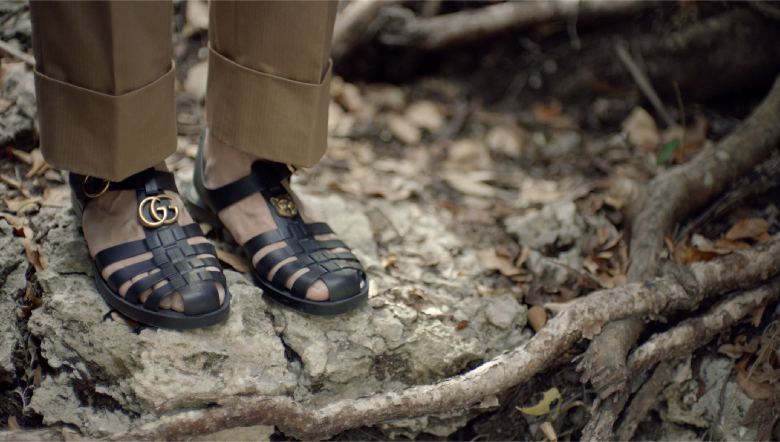
How do you think the luxury consumer is changing in the 21st century?
I think the sheer numbers of ‘luxury consumers’ is the biggest change. Luxury used to be only available to very few. From gentleman to princesses, it was a rarefied world. Travel was exclusive and champagne and fine hotels were not available to many. The concept of luxury is now very different. Not having it excludes you rather than owning it includes you. It has become the default in some societies. The great houses are now built as pyramids with a very wide base of devotees at the bottom and unapproachable movie stars at the pinnacle. Luxury has become the brand and less the product itself.
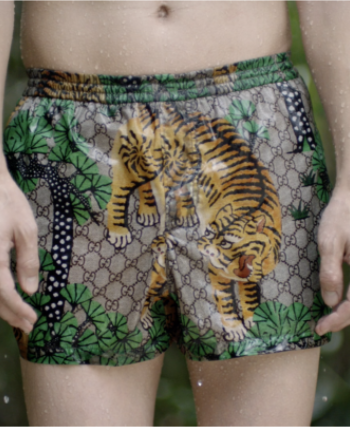
“The concept of luxury is now very different. Not having it excludes you rather than owning it includes you.”
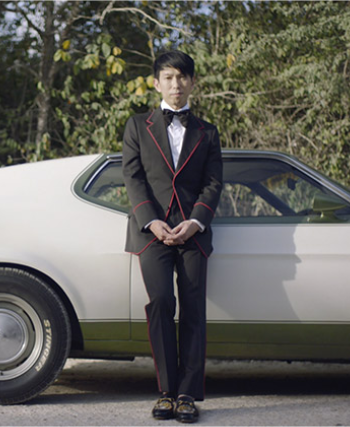
In the evolving capitalist landscape, what do you think are the principal challenges of luxury brands like Gucci and their peers?
This question is way above my pay scale as I am but a humble filmmaker. I would guess that its hanging on to the romance and currency of individual brands when there are so many competing for the top spot. Heritage has become more and more important as the newer brands cannot compete with this. Centuries, in some cases, of rubber stamping by the right people, has kept many companies at the top of the heap.
What is your own personal favourite luxury?
Time… and lunch at Contramar.
